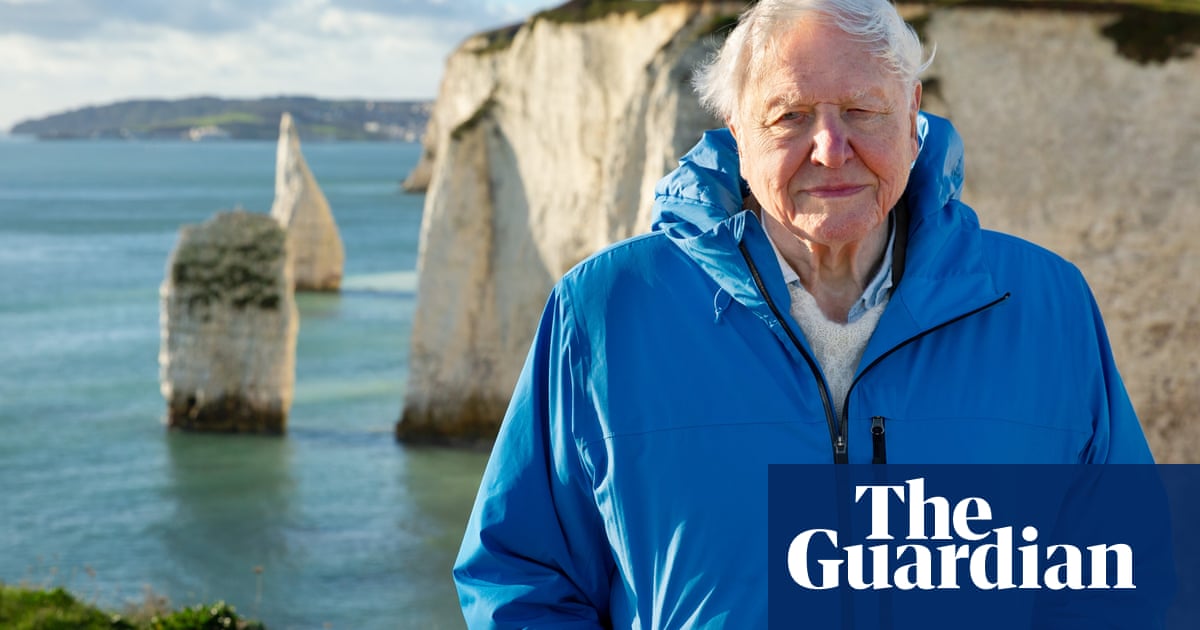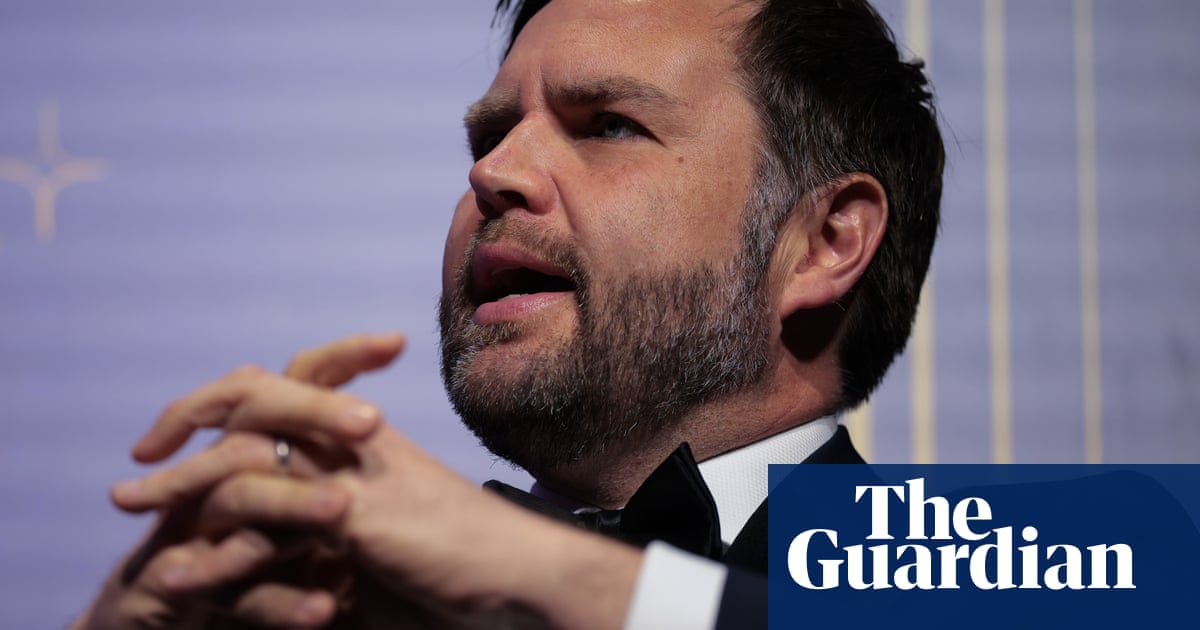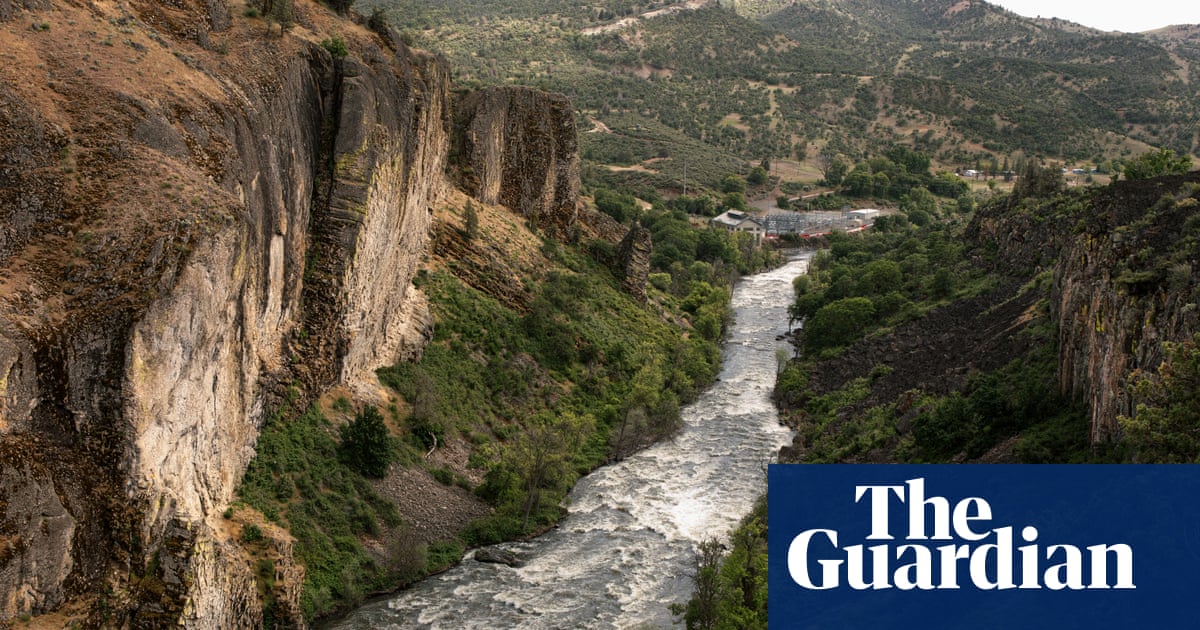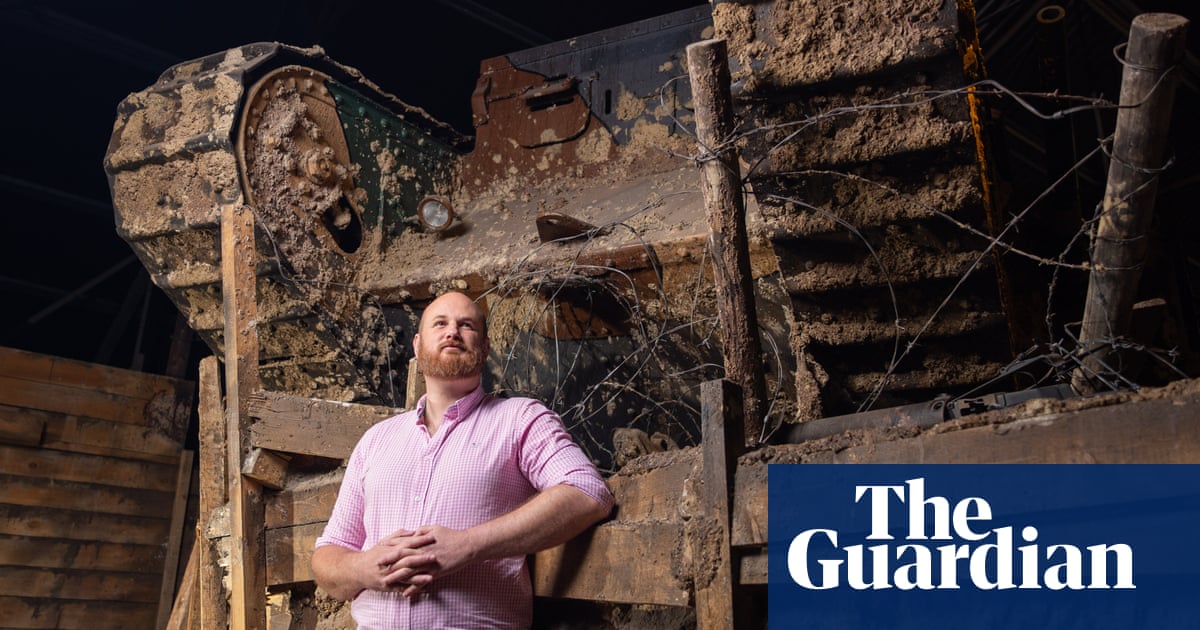Hamas has said it is delaying the release of Israeli hostages indefinitely over “violations” of the ceasefire deal, prompting Israel’s defence minister to put the country’s military on alert with orders to prepare for “any scenario in Gaza”.
Mediators fear a breakdown of the three-week-old ceasefire, Egyptian security sources told Reuters, and have postponed talks until they receive a clear indication of Washington’s intent to continue with the phased deal.
Israel’s security cabinet has moved forward a meeting to discuss negotiations on the second phase, which had been set for Tuesday evening. The army has cancelled all leave for soldiers in the Gaza division, the Kan news outlet reported, in another sign that Israeli authorities are preparing for the resumption of war.
Relatives and supporters of Israelis held hostage in Gaza said they have contacted the negotiators – who are from Qatar, Egypt and the US – asking for urgent help to “restore and implement” an agreement that took more than a year to seal.
Although a Hamas spokesperson cited past Israeli violations for halting the exchanges, the decision comes against a backdrop of US and Israeli leaders taking increasingly hardline positions about the long-term future of the strip.
Donald Trump has repeatedly called for a Gaza without Palestinians. Benjamin Netanyahu has publicly praised Trump’s “fresh idea” for the territory and privately insists the war will only end if Hamas agrees to “cease to exist”, Israeli media reported.
The militant group treats its Israeli hostages as leverage and was releasing them partly to secure prisoner releases but mostly in order to have a role in determining the future of a postwar Gaza, even though it is widely accepted it will no longer govern there.
But the group no longer believes US guarantees for the ceasefire will hold and it does not think Israel is serious about implementing the plan, Reuters reported.
Qatar had warned Israeli officials at the weekend that even the first stage of the ceasefire deal was being put in jeopardy by provocative statements from Netanyahu and by his government’s approach to talks on a second stage, Haaretz reported. Qatari diplomats sent angry messages to Israeli counterparts, reminding them that as hosts, key mediators and guarantors of the deal’s implementation, they too have a stake in its survival, an Israeli source said.
The Qatari foreign ministry, which usually tries to stay scrupulously neutral, had also issued a rare public condemnation of Israel after Netanyahu suggested Saudi Arabia should provide land for a Palestinian state. It described the Israeli leader’s comments as “a flagrant violation of international law” in a statement that urged the international community to “decisively address Israel’s provocations”.
In public remarks, Abu Obeida, a spokesperson for Hamas’s military wing, accused Israel of delaying the return of Palestinians to northern Gaza, blocking the arrival of aid and attacking civilians. There would be no more hostage releases until Israel “complies and compensates for the past weeks”, he said.
The next exchange of Israeli hostages for Palestinian prisoners and detainees had been set for this Saturday and would have been the sixth under the six-week-long first stage of the ceasefire deal.
The skeletal appearance of three hostages released on Saturday shocked many Israelis, and increased pressure on the government to reach a deal to bring home those still trapped. Several recently returned hostages have said they fear those still inside Gaza will struggle to survive much longer.
In Tel Aviv, protesters blocked streets on Monday night, demanding the return of all hostages, as some relatives accused their government of sabotaging the deal and endangering their loved ones.
“Abu Obeida’s statement is a direct result of Netanyahu’s irresponsible behaviour,” said Einav Zangauker, the mother of Matan Zangauker, who is a hostage in Gaza and not listed for release under the first stage of the deal. “[Netanyahu’s] deliberate procrastination and unnecessary provocative statements disrupted the implementation of the agreement.”
Hamas is due to release 33 hostages during the first stage of the deal, although eight of them are dead. The list of those who will be released includes women – civilians and soldiers – children, the sick and older men. Israel has agreed to release about 1,900 Palestinian prisoners and detainees.
Sixteen Israelis have been released so far, all alive, and Hamas also released five Thai citizens last week. They had not been included in the negotiations.
The second stage of the ceasefire deal is intended to bring the return of all living hostages and the complete withdrawal of Israeli troops from Gaza, under a framework agreed days before Trump’s inauguration in January. Negotiations on the details of that stage were always expected to be even more challenging than agreeing the initial ceasefire.
Netanyahu’s far-right finance minister, Bezalel Smotrich, said he would quit the coalition if the war did not restart after the return of 33 hostages, potentially forcing the Israeli leader to choose between his government and the deal.
Talks officially began at a meeting Netanyahu held in Washington with Trump’s Middle East envoy, Steve Witkoff, but there have been no substantial negotiations yet. The Israeli prime minister has only authorised his team to discuss technical issues related to implementing and extending the first stage.
His office had said earlier on Monday that an Israeli delegation of negotiators had returned from Doha, Israeli media reported, without giving further details.

 3 months ago
93
3 months ago
93

















































